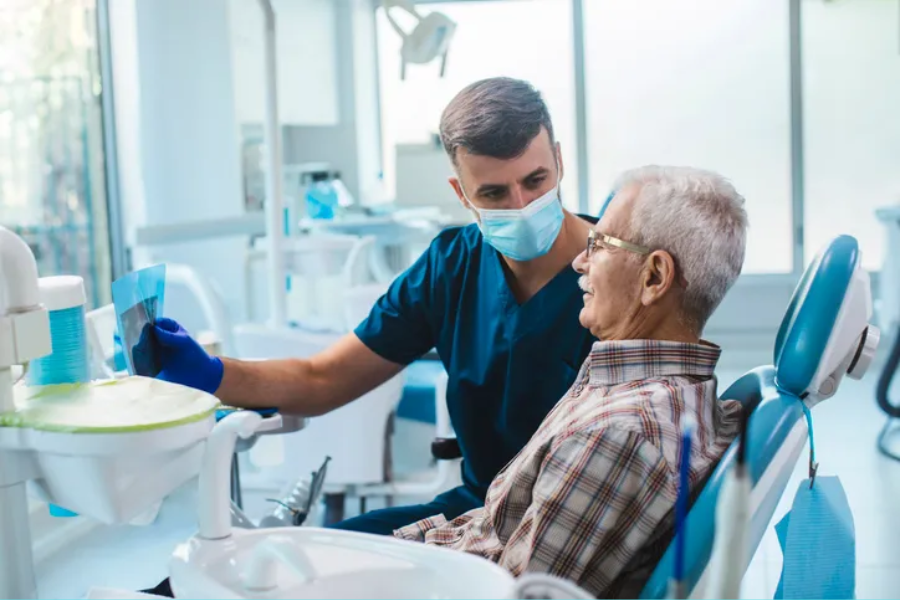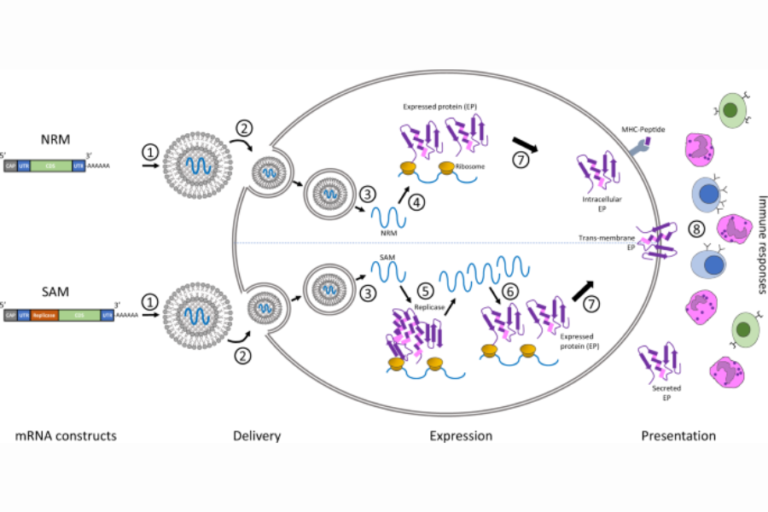How Dental Plans Can Benefit Veterans: Insights and Practical Tips
Key Takeaways
- Learn about the benefits dental plans have for veterans.
- Discover practical tips for veterans seeking dental care.
- Understand how to access dental benefits and maintain oral health.
The Benefits of Dental Plans for Veterans
Dental plans can play a crucial role in ensuring veterans maintain optimal oral health. Opting for veterans dental insurance can help manage the cost of necessary dental care, which is pivotal for overall well-being. Whether it’s routine check-ups, cleanings, or more extensive treatments, a comprehensive dental plan ensures veterans get the care they need without overwhelming costs.
Furthermore, these plans often include preventive services, which can save veterans money and health issues in the long run. Preventive dental care helps maintain oral health and identifies potential problems before they become serious. This proactive approach is particularly beneficial for veterans who might otherwise delay care due to financial constraints. For instance, routine dental examinations can assist in the early detection of cavities, hence averting the need for more invasive procedures like root canals or extractions.
Maintaining Oral Health: Why It Matters
A healthy mouth is essential to general health and goes beyond simply having a straight grin. Tooth decay, gum disease, and several other health problems can result from poor oral hygiene. According to the VA’s Dental Care program, proper dental care is linked to preventing serious conditions like heart disease and diabetes. For instance, gum inflammation caused by bacteria can contribute to the development of cardiovascular diseases. Similarly, poor oral health can negatively affect blood sugar control, which exacerbates diabetes.
Frequent dental checkups promote good oral hygiene and early issue detection. As veterans age, this preventive action is especially important since it can lower their risk of developing more serious health concerns. Dental plans can facilitate these regular check-ups, making it easier to stay on top of oral health. By addressing minor issues early, veterans can avoid extensive and costly dental procedures in the future. Regular cleanings, for instance, can prevent plaque buildup and tooth decay, contributing to long-term dental health.
Choosing the Right Dental Plan
Finding the right dental plan requires evaluating coverage options, costs, and provider networks. Veterans should consider their specific needs and budget to select a plan that offers the best benefits. The main factors to evaluate include the scope of coverage, availability of preferred dentists, and the plan’s cost. It’s also important to review the plan’s exclusions and limitations.
It’s also important to look at what preventive services are included. Good plans will cover regular check-ups and cleanings, which are essential for maintaining dental health and avoiding more extensive treatments later on. Additionally, some plans might offer discounts on major services such as crowns, bridges, or dentures, which can be particularly beneficial for older veterans. Comparing different plans thoroughly will help you find the most cost-effective and comprehensive option available.
Common Questions About Dental Coverage
Veterans often have questions about their dental coverage, such as:
- What treatments are covered?
- How can I find a participating dentist?
- What steps can I take to maximize my benefits?
Addressing these questions early can help veterans make the most of their dental plans. Coverage details can typically be found in the plan documents or by contacting customer service. Additionally, most dental plans have website resources, offering tools to search for network providers, check coverage details, and manage appointments. Understanding the nuances of the plan can help veterans avoid unexpected expenses and fully utilize their benefits.
How to Access Your Dental Benefits
Accessing your dental benefits often starts with enrolling in a plan. Once enrolled, veterans can use tools on the plan’s website to find network providers and schedule appointments. Many plans also offer online customer service for ease of use. Knowing how to navigate the plan’s website and utilize its resources can streamline the process.
For those new to veterans dental insurance, resources like the Veterans Health Administration can provide valuable guidance on navigating through the benefits system. Additionally, reaching out to veteran support groups or community organizations can provide further assistance and resources. Also, enrollment consultants can assist students in comprehending several programs and selecting the one that best meets their individual requirements.
Financial Considerations for Dental Care
Managing the cost of dental care can be challenging, but understanding your coverage options can help. Comparing different dental plans and choosing one that covers necessary treatments at an affordable rate is essential.
Preventive care is often covered by insurance plans at no additional cost, which can ultimately result in cost savings. Veterans can also look for plans that offer flexible payment options, making dental care more accessible. For instance, some plans might include payment plans for major services, reducing the financial burden of costly treatments. Additionally, tax-advantaged accounts like Health Savings Accounts (HSAs) can also be used to pay for eligible dental expenses.
Real-Life Tips for Managing Dental Health
Maintaining dental health doesn’t have to be complicated. Here are some practical tips for veterans:
- Brush twice a day and floss daily.
- Use mouthwash to reduce plaque and keep your breath fresh.
- Sugary drinks and meals should be avoided as they can induce deterioration.
- Make time for routine dental examinations to identify any problems early.
These simple steps can go a long way in preventing dental problems and maintaining overall health. For instance, brushing and flossing regularly removes food particles and plaque from teeth, preventing tooth decay and gum disease. Using an antiseptic mouthwash can help reduce bacteria in the mouth, promoting fresher breath and healthier gums. Additionally, reducing sugary and acidic food intake can lower the risk of tooth decay and erosion. Regular dental check-ups ensure that any emerging issues are treated promptly, preventing more severe problems later on.
Additional Resources for Veterans
Several organizations offer resources to assist veterans with their dental health. For instance, the VA Dental Care page provides a wealth of information on accessing care through VA facilities. This resource details eligibility criteria, covered services, and how to apply for VA dental benefits. Another useful resource is the Veterans Health Administration, which offers comprehensive health services, including dental care. The Veterans Health Administration provides information on a wide range of health services, helping veterans understand their benefits and how to access them.






